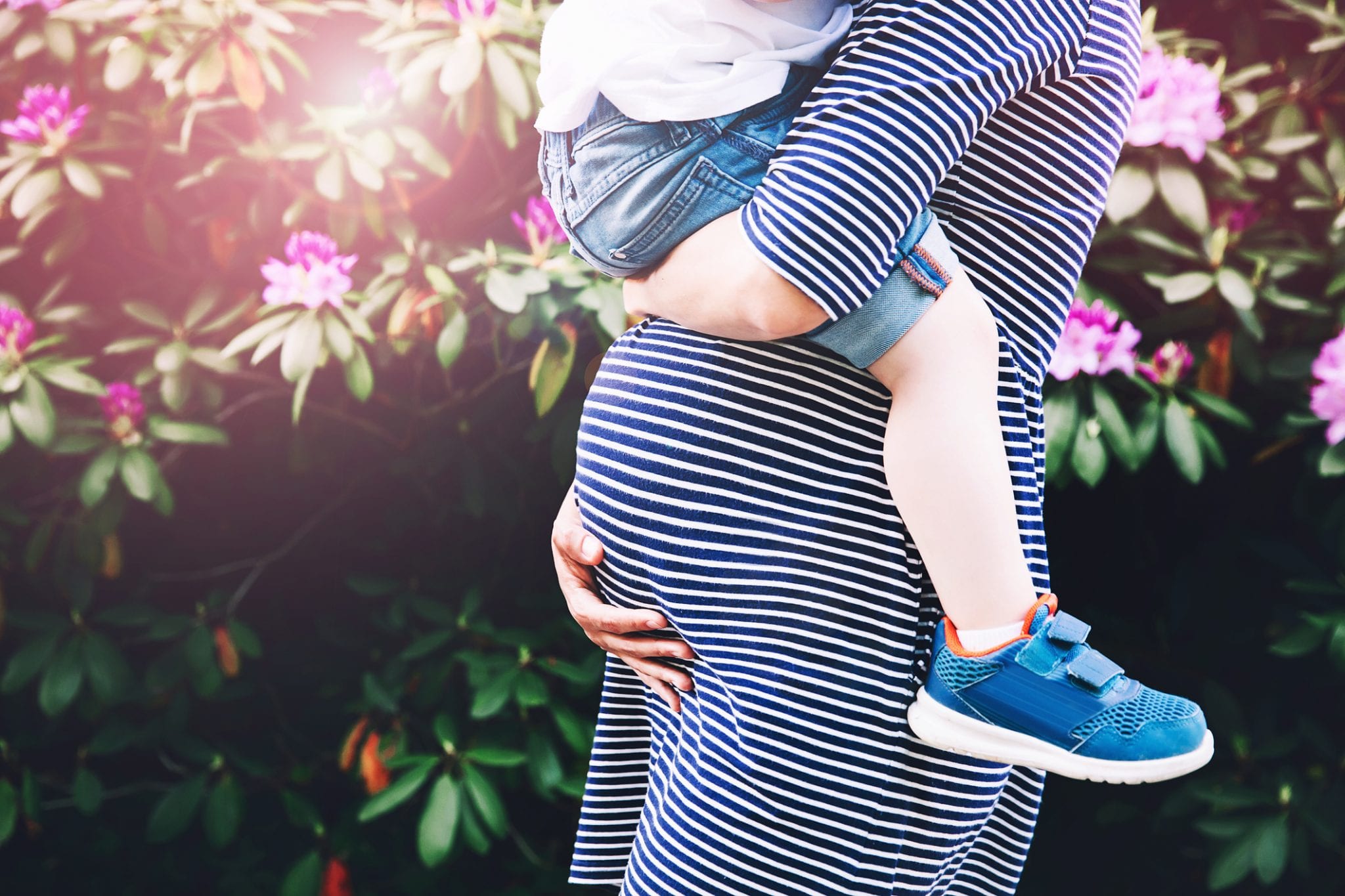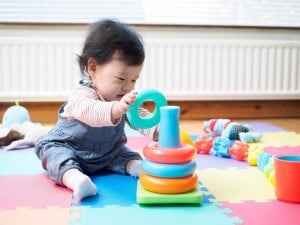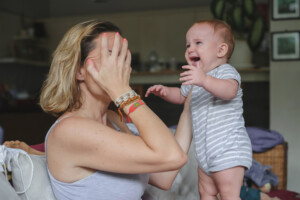You’ve likely been fielding the question about your second baby since the moment your first baby popped out. And while you probably brushed it off, telling others to let you enjoy your current child, you’re now starting to feel like you may be ready to expand your family again. The decision to have your first child is important and exciting. Having your second can be an even bigger decision to make. Many people will agree that going from having no baby to having one is tough. What’s even tougher is adding a second child to your family. So, how do you know if you are ready for another baby? And if you are ready, how do you plan for your second baby? We’ll break it down a bit for you.
When and How to Plan for Your Second Baby
If you’re thinking about having a second baby, here are a few things to consider.
What Science Says
Many studies show that women who have a second baby less than 18 months after having their first will experience a higher risk of an underweight or preterm baby.1 Those who had a c-section are at a higher risk of developing issues such as placenta previa. Many doctors feel that a woman needs at least 18-24 months to recover from one pregnancy before beginning another pregnancy. Research also shows that mothers who wait five years or more for their second child will experience similar risks and conditions when they try for baby number two.1
While science says to wait 18 months, many mothers try for their second child long before that and go on to have healthy pregnancies and healthy babies.
How to Decide If You Are Ready for a Second Baby
The most important thing to do is listen to yourself. If you feel ready for your second baby, you are likely ready. But there are a lot of things to consider before foregoing birth control and ordering those ovulation sticks. Sit down with your spouse or partner to determine your finances. How will they change once a second child is in the picture? Will you be able to afford two kids in daycare, if necessary? You also want to look at things like your home and car—do you have the room for two kids?—and your current lifestyle. Having a second kid means needing two of everything, including anything from car seats to plane tickets.
Another big thing to look at is your age and health. Unfortunately, women need to consider their age when thinking about expanding their families. If you are in your late thirties and hoping for a large family, it probably isn’t in your best interest to wait much longer. Many women say that getting pregnant the second time around is much more difficult than the first. So, if you want three, four, or more kids, time may not be on your side. If you are younger and have the luxury of not worrying about age, consider your current health and lifestyle situation. Can you handle a newborn and another child? Are your body and mind prepared to go through pregnancy again? Consider all of these things before making your final decision.
How to Start Trying for Your Second Baby
The first thing to do once you’ve decided to try for baby number two is to see your doctor. While you may have determined that your mind is ready, they can help determine how ready your body is to take on another pregnancy. You can discuss getting off your birth control and getting back on a prenatal to jumpstart your health for your second pregnancy.
Once you and your doctor decide it is a good time to plan for your second baby, prepare for anything. No two pregnancies are the same, even for the same woman, so don’t expect things to go as smoothly—or even as problematic—as your first pregnancy. Some women who got pregnant right away with their first may find that it’s not so easy this time. Learn how to use ovulation sticks and talk to your doctor about your cycle and how regular your periods are. You also want to prepare for an entirely different type of pregnancy. No morning sickness for baby number one? Don’t expect the same this time around! While you may get lucky and avoid it again, it’s best to prepare for anything that may come your way.
How to Prepare Baby Number One
No matter their age, your first child will likely experience some emotional response to the news of having a sibling.2 If you decide to try for a baby when your first is still very young, it may be hard to get the point across, so try to ease them into the idea of being a big sibling. Get them involved in your pregnancy by having them bond with your belly. Also, consider buying them a baby doll to get used to the idea of having another baby around. If your child is older and can understand having a new brother or sister, get them used to the idea before the baby is born. Work with them so they know how their life will change (for the better!). Get them excited to have a permanent playmate for the rest of their lives!
Planning for a second baby is exciting, but there are many things to consider before making that final decision! Whenever you choose to start trying, be prepared for your life to change in the best way once again.
👶 Planning for Baby #2? Here’s More to Explore
If you’re still weighing the decision, these articles can help you reflect, plan, and prepare:
- Not sure if now’s the right time? Read how to tell if you’re ready for another baby.
- Discover how pregnancy changes from your 20s to your 30s — physically, emotionally, and financially.
- Learn about pregnancy spacing and what to consider when planning the timing of your next baby.
- Explore reasons why having two kids might be the right move for your family.
- Already have your second on the way? Here’s what to know about adjusting to life with two kiddos.












